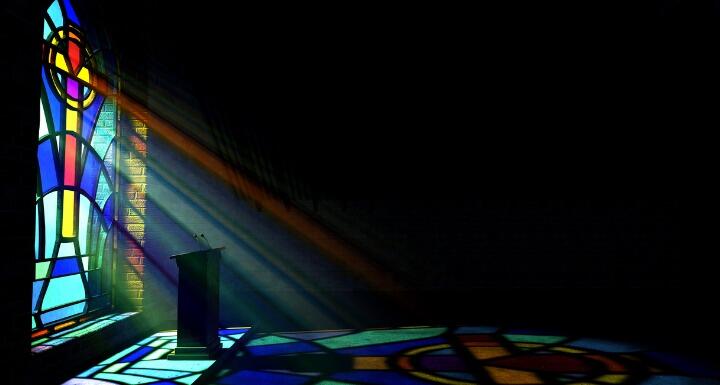In a Chapter 13 bankruptcy, debtors propose a plan to re-pay all or a portion of their debts.
The amount to be repaid depends on how much the debtors earn, the amount and types of debt owed, and how much property they own. As a general rule, debtors must use all monthly disposable income to re-pay their debts. To calculate disposable income, the Bankruptcy Code allows deductions for expenses reasonably necessary for the debtor's maintenance and support. It also excludes charitable contributions up to 15%.
In In re Wade, a recent case from the Eastern District of North Carolina, the debtors wanted to deduct $756 per month from their disposable income to tithe to their Church. The Bankruptcy Court rejected the plan, admonishing the debtors they "should not be permitted to pursue their salvation on the backs of their unsecured creditors."
Mr. and Mrs. Wade filed Chapter 13 after Mr. Wade accumulated debts from a failed florist shop. Mr. Wade also worked part-time as the music director of a Church the couple attended. After they filed bankruptcy, the Wades began tithing to the Church. Mr. Wade told the Court that regular tithing was a new practice for the couple. They had contributed nothing to the Church for two or three years (because they could not afford it). He also testified that it had been almost 10 years since they tithed ten percent of their income. The Wades told the Bankruptcy Court they believed their failure to tithe in the past constituted religious disobedience and contributed to their financial misfortune.
The Wades' plan estimated monthly disposable income of $2,000, from which they wanted to deduct $756 for tithing. If they made all their plan payments, unsecured creditors would be repaid 39 percent of their obligations, but over $100,000 of unsecured debt would remain unpaid.
The Bankruptcy Code excludes charitable contributions up to 15% from disposable income. But a bankruptcy plan must be proposed in good faith and the court must consider all circumstances before confirming a plan – including whether a debtor has "found religion" after filing bankruptcy at the expense of creditors.
The Bankruptcy Court concluded that the Wades' plan was filed in bad faith – no pun intended. The Court accepted the sincerity of the Debtors' belief they should tithe, but it could not overlook that they had a long history of choosing not to contribute to the Church to pay for other expenses or endeavors that led to bankruptcy. The $756 was excessive under the circumstances. The Court denied the plan and invited the debtors to file an amended plan with larger payments to their creditors.
Creditors faced with this scenario should remember that although the Bankruptcy Code provides some debtor protections for charitable and religious contributions, it is not automatic. In confirming or denying a plan, the court will consider other factors like the debtor's history of charitable giving and the amount of proposed giving relative to the amount re-paid to creditors. The "fresh start" promised in bankruptcy is not an invitation for debtors to become major religious benefactors at the expense of their creditors.








